
Jaime Lucas Ortega y Alamino
The breakthrough in relations between the United States and Cuba announced in mid-December has prompted an outpouring of praise, but also of critical analysis. The essence of the debate revolves around the question of whether this new “openness” in Cuba will bring a more free society, and so benefit Cuba’s ordinary citizens, or simply entrench more firmly an authoritarian regime which has been in place since the 1960s. In the midst of this debate is Cardinal Jaime Lucas Ortega y Alamino. Ortega is controversial. Critis say he has not done enough for dissidents in Cuba. But he is also highly praised for a lifetime of work on behalf of the Church and the people of Cuba. For this lifetime of effort, culminating in the breakthroughs announced in December, we are pleased to honor Cardinal Ortega as one of our “Top Ten” persons of 2014.
The role of negotiator may not seem like a good fit for Ortega, who has publicly opposed the Castro regime since he was first ordained as a priest in 1964. (He became the archbishop of Havana in 1981 and was elevated to cardinal in 1994). But who better to be an “honest broker” than someone with Ortega’s background?
As a young priest he opted against exile even though soon after returning to Cuba from his religious training in Canada, he was imprisoned for more than a year in a work camp.

Cardinal Jaime Lucas Ortega y Alamino welcomes Benedict XVI at the ‘Jose Marti’ international airport in Havana, Cuba, March 27 2012.
Writers like Marielena Montesino de Stuart are critical of Ortega. They say that for 54 years the Cuban people, inside their “island prison,” as well as the exiled community abroad, have suffered not only under Castro’s bloody Communist regime, but also due to the “betrayal” of Catholic prelates who travel the globe to symposiums and conferences to speak about Cuba’s past, present and future. “Meanwhile,” she writes, “the people of Cuba continue to experience unspeakable persecution and suffering at the hands of their Communist captors. Ortega is a perfect example of the hypocritical game played by modernist Vatican officials — in the ongoing dialogue and rapprochement with the Communists, which has often been duplicitous towards dissidents, prisoners and Cubans in exile. Someone has to say the truth.”
But is it really the truth? Others think that the way Ortega has led the Church has been courageous and exemplary, and has now brought good fruits which will benefit ordinary Cubans, and prepare the island for a more free future. “Over the past half-century, Fidel and Raul Castro have ensured — through exile, purges and execution — that no political figure or generation has emerged as their obvious successors,” journalist Mark I. Pinsky wrote in USA Today in 2011. “Given this reality, post-Castro Cuba will need someone trusted by all segments of society to help shepherd this nation into a new era, without bloodshed or upheaval. Cardinal Jaime Lucas Ortega y Alamino, archbishop of Havana, is that man. The son of a sugar mill worker, Ortega is uniquely equipped to fill any power vacuum.”
In coming years, “Ortega will be well-positioned to exercise his influence in the economic and political transformation,” Pinsky wrote. He continued: “For 30 years after Cuba’s 1959 revolution, Church attendance plummeted, in part because of government restrictions and sanctions. Although no reliable statistics are available, observers say the Catholic Church has experienced a slow but steady resurgence under Ortega’s leadership… If Ortega outlives the Castro brothers, he will make an ideal if unelected candidate to lead, a master of realpolitik who walks a fine line between principled opposition to some government policies, and practical accommodation to others.”
In 2010, Ortega pleaded the case for the island’s imprisoned dissidents in a four-hour meeting with Raul Castro, negotiating an arrangement that would send released prisoners to exile in Spain. Not long after the releases, Ortega was instrumental in another agreement with the government that allowed any of the island’s 200 remaining political prisoners to move from jails far from their homes to prisons in their home provinces. And now, Ortega, along with diplomats from the Holy See, has managed to help negotiate the lifting of American economic sanctions on the island nation.
In recent years, Raul Castro has appeared twice in public with Ortega, once for the dedication of a new US-supported Catholic seminary, and earlier for a beatification Mass for a Cuban priest, Jose Ollalo, known as the “father of the poor.”
Ortega has been critical of both capitalism and communism. Like John Paul II, he has urged his nation not to construct a post-communist future on the basis of hyper-capitalist principles. In 1998, he warned of the insidious influence in Cuba of a “species of American subculture that invades everything: It is a fashion, a conception of life.” In September 1993 the Cuban Conference of Catholic Bishops, headed by Cardinal Ortega, published the message “El amor todo lo espera” (“Love endures all things”), extremely critical of the Cuban Communist government and asking for a new direction of the country.
For the many “small steps” he has taken over a lifetime of service to his people and nation, we honor Cardinal Ortega as one of our “Top Ten” persons of 2014.

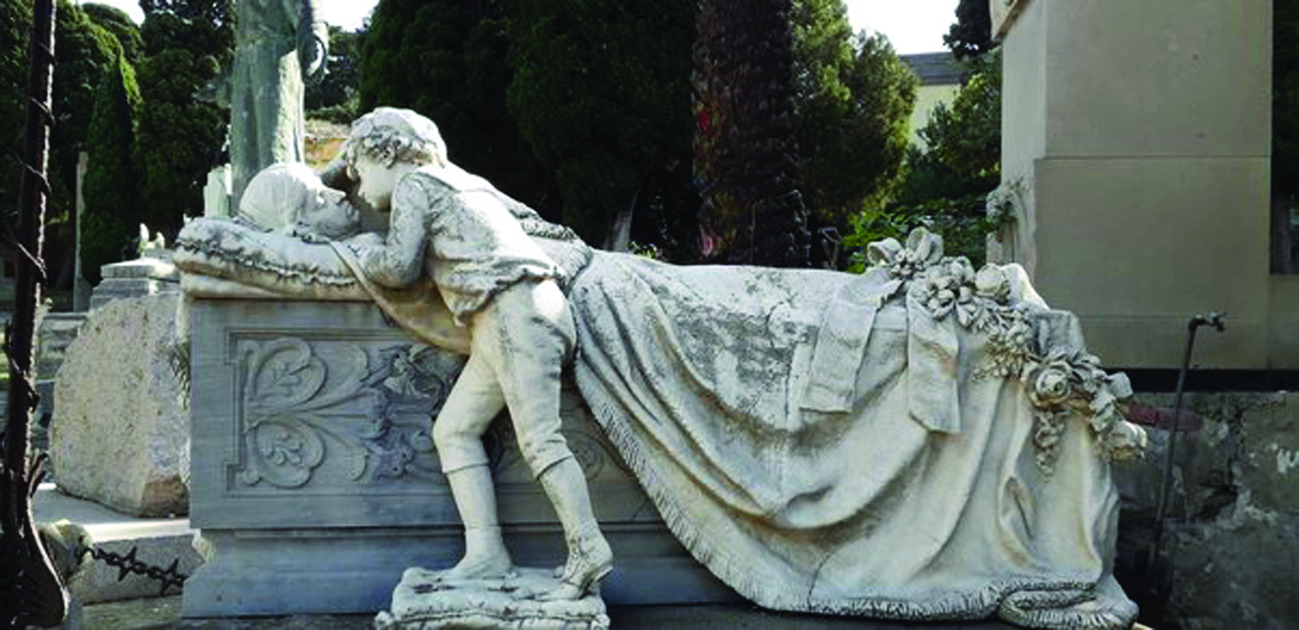
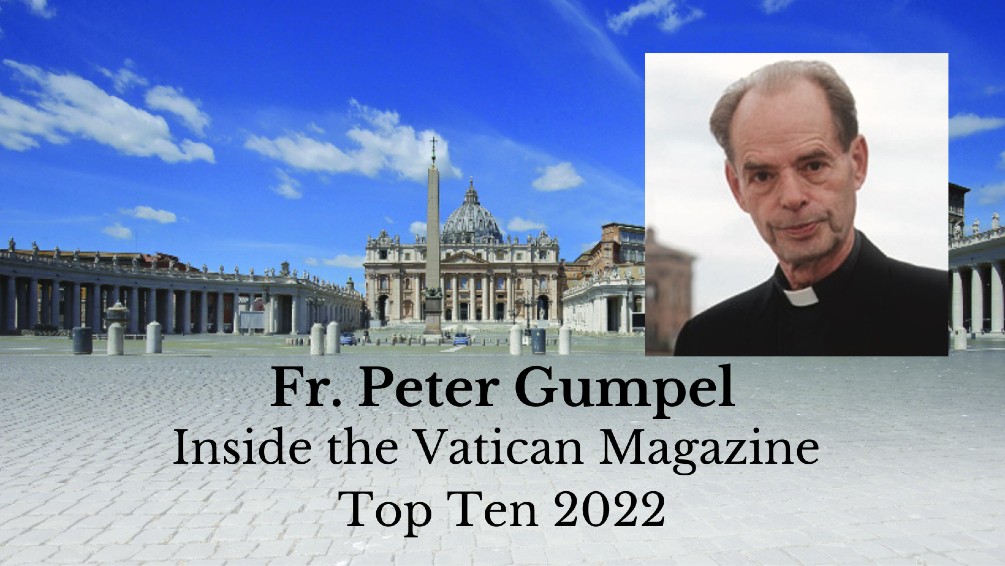
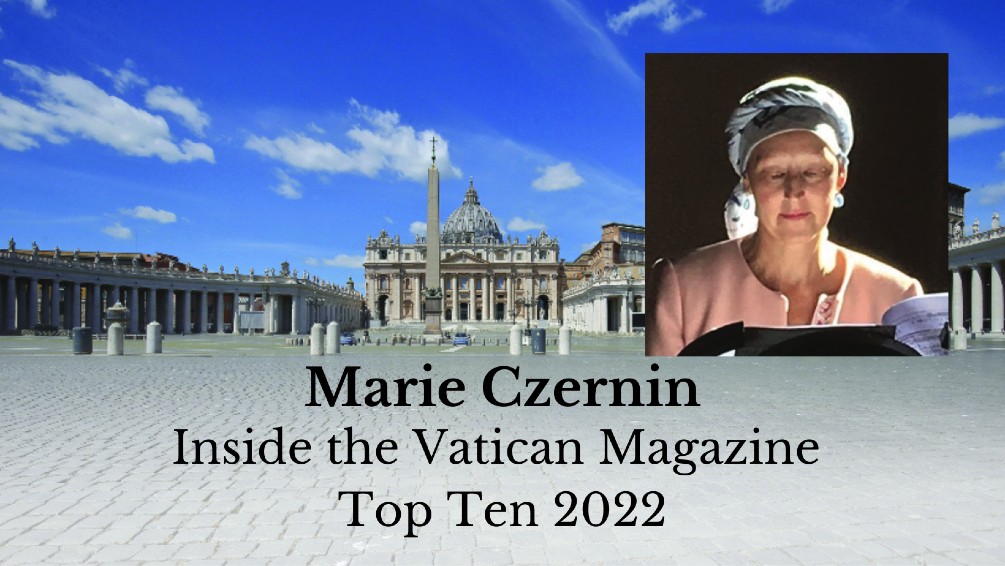
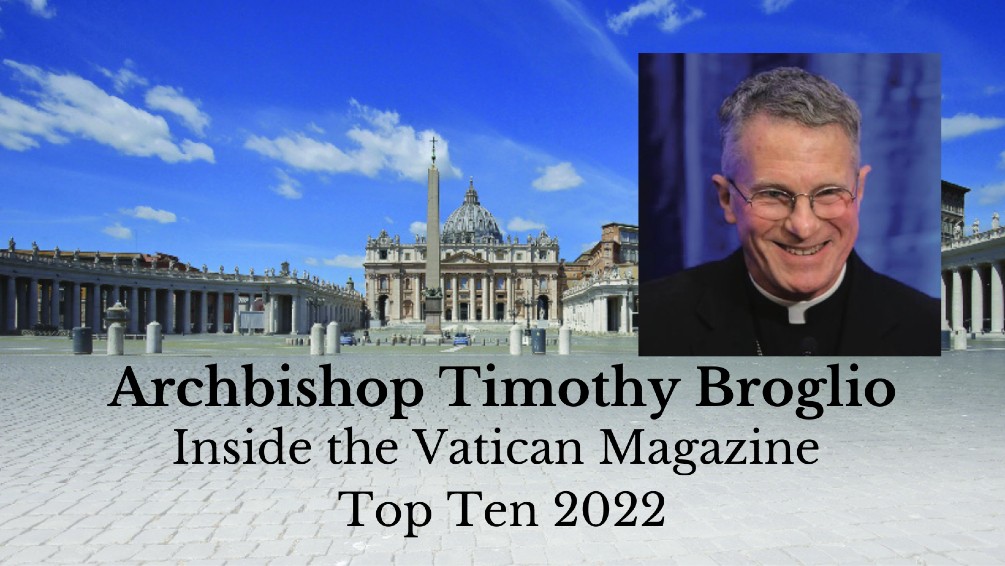
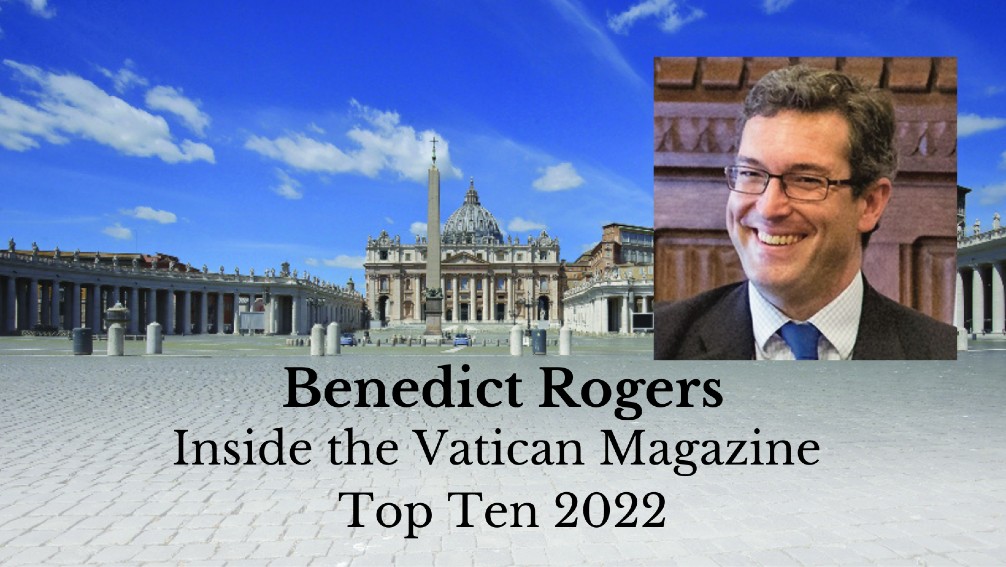
Facebook Comments